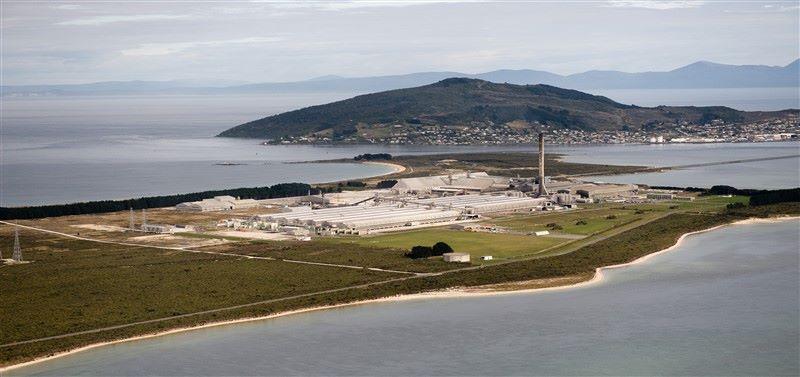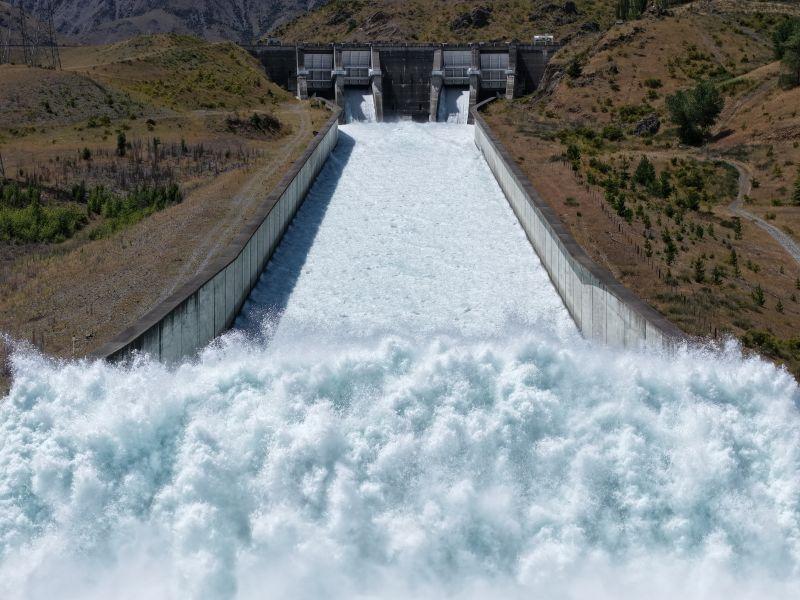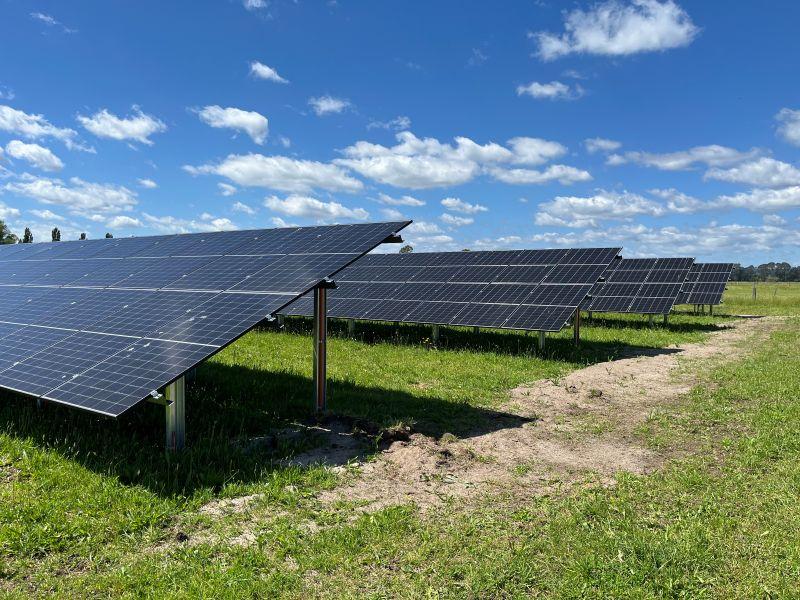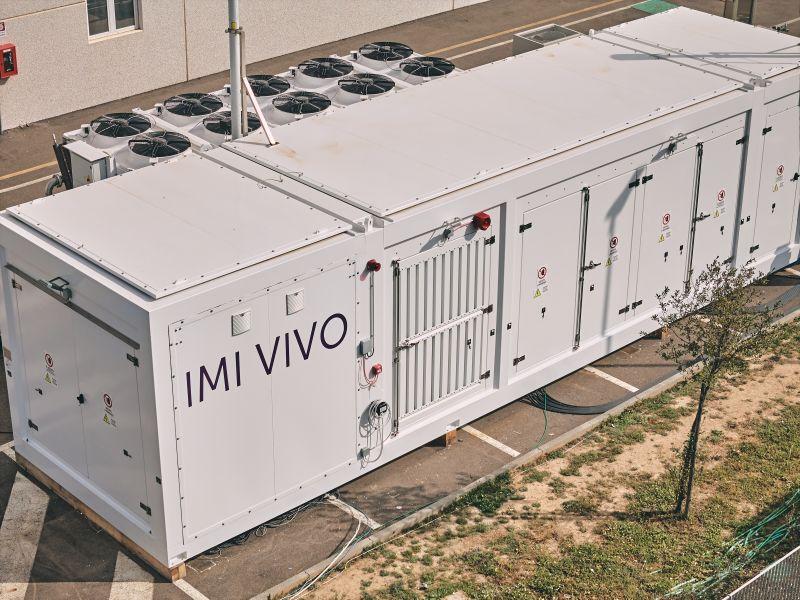New Zealand Aluminium Smelter (NZAS) will reduce its electricity usage by a total of 185 megawatts (MW) from early August, in response to an additional demand response call from Meridian Energy this morning.
This represents approximately 4% of the country’s electricity use and replaces the 100MW ramp down that Meridian had requested last week.
NZAS Chief Executive Chris Blenkiron said Tiwai would now commence wind down to meet the revised request.
“With lake storage near their lowest levels historically, we will commence ramp down to enable 185 MW to flow into the system, to help ease tight supply.
“I want to recognise the significant work ahead for the team at Tiwai who will now be asked to commence stopping and restarting one third of our operation, until April next year.
“While winding back our operations is complex, the team at Tiwai understand the importance of playing our part as part of the wider electricity system to ease the stress the system is now under, from tight hydro and gas supplies.”
Mr Blenkiron said the demand response call from Meridian represents a significant moment for the smelter’s new energy supply agreements.
“Initiating the demand response aspects of our new energy supply agreement so early on, validates the hard work that went into negotiating the agreements over the last 12 months. It has given the system some of the long called for flexibility New Zealand needs to respond to the energy challenges we face,” Mr Blenkiron said.
As part of new electricity supply agreements for the smelter, Meridian can request Tiwai ramp down energy usage to meet generation demands.
Meridian hold the ability to call this reduction, with themselves and Contact Energy providing 75% and 25% of the energy respectively.






